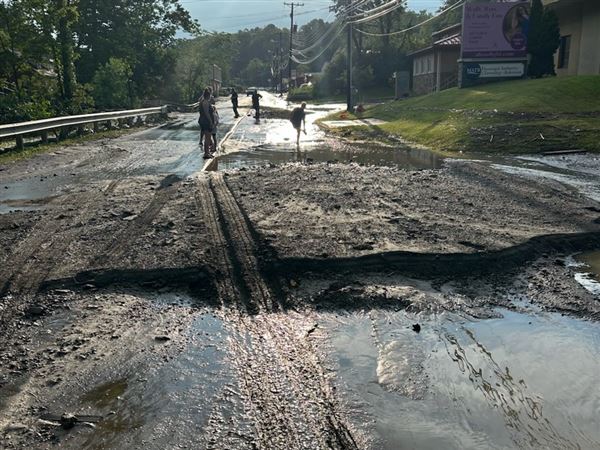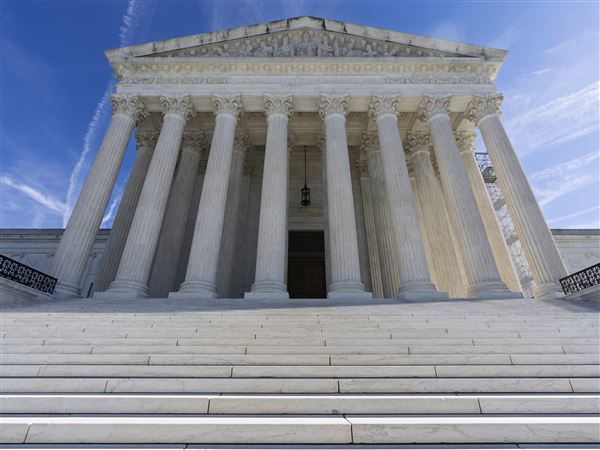President Donald Trump has a valiant goal on his agenda: make the American economy great once again. It’s a bold goal to set, but one that the American people can get behind, what with our relatively recent brush with economic turmoil in 2008. But economies are complex systems.
If Mr. Trump is going to succeed in boosting our country’s gross domestic product and stimulating job growth, he requires the cooperation of not only domestic players but also international ones.
To accomplish this goal, it’s imperative that Congress invest both within and outside of the United States. Mr. Trump has already implemented some economic decisions that have been met with significant backlash. The aluminum and steel tariffs, for instance, have caused outrage in the European Union and are even pushing some American companies to migrate abroad (Harley-Davidson).
Stimulating an economy requires a vast host of actions, but one strategy that could grow our economy while maintaining our strong foreign ties is increasing the budget for international development and humanitarian assistance. Contrary to popular belief, this category comprises less than 1 percent of the federal budget.
The developing world is the largest untapped market on Earth. If the United States, an export-oriented economy, can lift even a small portion of the world’s impoverished out of poverty, it would increase the consumer base for the countless exports produced by our nation to the benefit of U.S. companies and citizens by increasing profits and, in turn, creating jobs. One strategy often overlooked by our president that serves both our national and international interests is the utilization of our international budget.
MATTHEW OSCHE
Borgen Project Ambassador
Penn, Westmoreland County
The Borgen Project is a national campaign that works with U.S. leaders to improve their response to global poverty.
First Published: July 6, 2018, 4:00 a.m.















